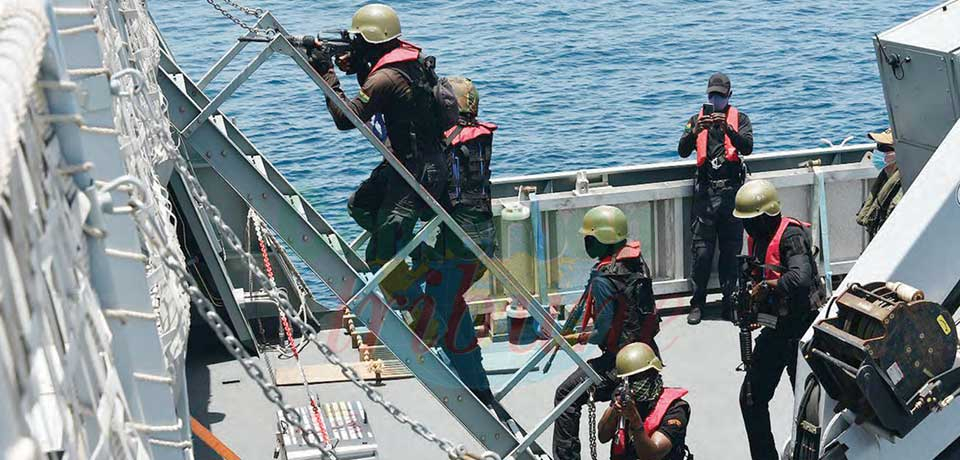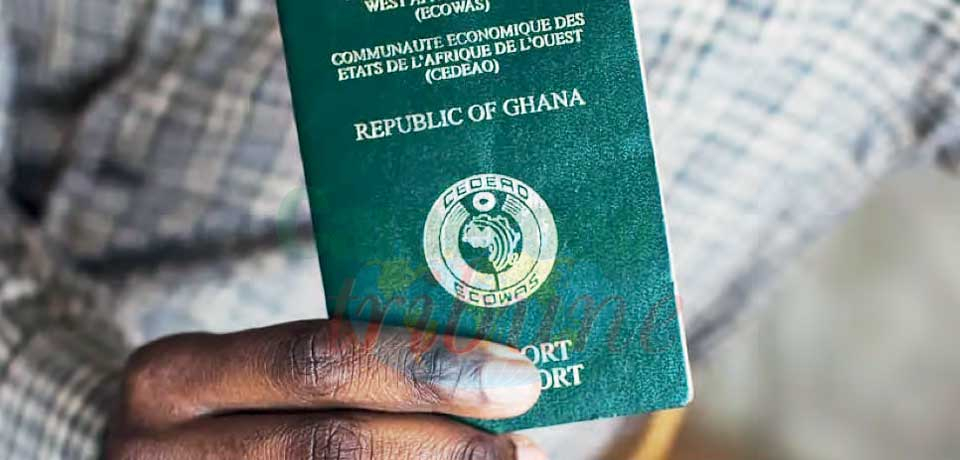Piracy In The Gulf Of Guinea : Why The Resurgence?
- Par Eldickson Agbortogo
- 14 Apr 2023 09:45
- 0 Likes

After several years of calm, piracy activities have resumed in the highly coveted Gulf of Guinea with focus on kidnapping for ransom.
The Gulf of Guinea extends over 5,700 kilometers, from the South of Senegal to the coasts of Angola, including Nigeria, Liberia, Ivory Coast, Ghana, Togo, Benin, Cameroon, Equatorial Guinea, Sao Tome and Principe, Gabon, Congo Brazzaville and DRC. It is a key shipping route for the transportation of oil and gas, as well as goods, between Central and Southern Africa. There are 1,500 fishing vessels, tankers and cargo ships navigating the gulf’s waters on a daily basis, according to the European Union’s maritime safety factsheet. After several years of precarious calm, the Gulf of Guinea is once more in the spotlight with a comeback of piracy in the region. The most recent, is the attack on a Danish tanker flying the Liberian flag, by pirates off Congo-Brazzaville with a crew of 16 sailors. The attack, which took place on Saturday, March 22, 2023 West of the port of Pointe-Noire in international waters, after the pirates boarded the Monjasa Reformer Ship with a capacity of 13,700 tonnes, has left many pondering why the sudden upsurge of pirate activities in the area despite measures. According to the International Maritime Organization (IMO), the number and severity of attacks on vessels by pirates in the Gulf of Guinea is increasing, posing a threat to global trade and the safety of seafarers working in the region.
In a letter to all agencies of the United Nations (UN) dated February 10, 2023, IMO Secretary-General Kitack Lim said, piracy in the gulf presents a “serious and immediate threat” to crews and vessels operating in West African waters. He called for better co-ordination between stakeholders and regional organizations to improve safety for ships and their operatives. The severity of this latest attack is expected to raise government’s move to protect seafarers and the movement of trade around by deterring pirates with a strong naval and coastguard presence. Without an immediate action, more seafarers risk losing their lives because, the weak security and a lack of enforcement of maritime laws, the gulf has become a hotspot for piracy. Apart from the stealing of cargo and especially oil, piracy in the gulf has since 2014 evolved to the kidnapping of seafarers and holding them for ransom because thieving oil no longer...
Cet article complet est réservé aux abonnés
Déjà abonné ? Identifiez-vous >
Accédez en illimité à Cameroon Tribune Digital à partir de 26250 FCFA
Je M'abonne1 minute suffit pour vous abonner à Cameroon Tribune Digital !
- Votre numéro spécial cameroon-tribune en version numérique
- Des encarts
- Des appels d'offres exclusives
- D'avant-première (accès 24h avant la publication)
- Des éditions consultables sur tous supports (smartphone, tablettes, PC)














Commentaires